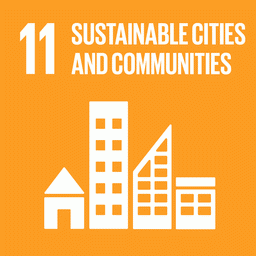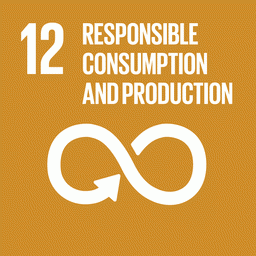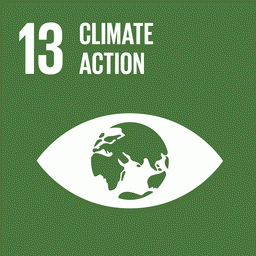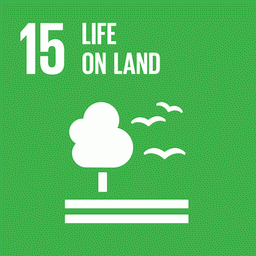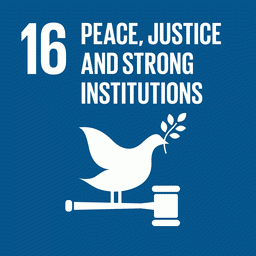The whole world has been discussing proposals to save the Amazon, but the first step is about shifting to a narrative in which development is not based only on economic growth. “We are still forced to justify how to conserve the forest from the perspective of what could be an economic gain, without a proper space to address the real value of the forest in its multiple dimensions”, highlighted Adriana Ramos, political and socio-environmental rights advisor at Instituto Socioambiental (ISA), during her participation in an Amazoniar event last Thursday (15/07), under the theme “One Amazon in 9 countries: countless cultures in a single biome”.
For Gregório Mirabal, general coordinator of the Coordination of Indigenous Organizations of the Amazon Basin (COICA), who also participated in the last Amazoniar meeting, the multiple crises triggered by the Covid-19 pandemic show the urgency for a broader look at the region. “The pandemic has no borders […] there is no distinction of ideology or political party. Everyone seems to see the Amazon as a business, as a way out of the economic crisis”, he said.
“Our biggest problem is strong economic interests that are often seen as more relevant than conservation interests”, mentioned Ramos. According to her, information can help and offer more elements for society to mobilize for change, but the struggle “will always be of an economic nature, against an exploratory and colonial logic that is not designed for the development of the Amazon itself”.
The key is already in the Amazon
Ramos warns that the answer for the conservation and development of the Amazon lies within the territory: “It is arrogant of our society to seek a solution by trying to reinvent things that have been part of the indigenous reality for centuries.”
For her, bioeconomy illustrates this situation well. “I believe that the economy based on the standing forest and the use of biodiversity can be a path for the future, but it cannot be a bioeconomy made inside laboratories trying to reproduce the value of biodiversity outside the forest”, she said. “Indigenous peoples bring us a diversity of repertoire and possibilities that does not need to be reinvented by modern science. It first needs to be respected so then we can think of any other solution that comes from there”, she emphasized.
“We were born in the forest and have always learned to coexist, value and respect our territories.
We think of the Amazon as a living being, of which we are a part. What we manage to conserve from nature is the result of our millenary work, which is key for humanity to continue living”, added Mirabal.
According to Ramos, we need to listen to the indigenous perspective and review our way to develop solutions, by looking at this millenary knowledge of the sustainable use of the forest. “All that science was able to prove was recognizing that the traditional management of indigenous peoples is the best way to keep the forest standing”, he said.
She also denounced the fact that many companies that threaten indigenous territories through the exploitation of natural resources use speeches of socio-environmental responsibility and climate commitment. “We need to place traditional knowledge and the defense of indigenous territories as the central axis of any perspective for the future of the Amazon. Shifting the narrative is a work that we all need to do collectively. Only then will we actually be able to build alternatives for a fairer Amazon. These are big challenges, but the indigenous peoples give us many keys for this”, she said.
Pan-Amazon governance across borders
Another challenge in the region is the territorial governance, which has been a central issue for indigenous communities. The Pan-Amazon crosses nine countries, is home to more than 400 indigenous peoples, has the world’s largest hydrographic network, contains the largest carbon stocks and one of the highest concentrations of biodiversity on the planet. And this land of superlatives needs governance that meets its grandeur and transcends geopolitical borders.
“Ten thousand years ago, there were no other governments or other peoples in this territory. It is important to consider communities and nations with the right to self-determination, because we have our own territorial government”, pointed out Mirabal. “We have very different institutional political contexts, especially from the point of view of socio-environmental policies, recognition of the territorial rights of indigenous peoples and environmental conservation, but with similar challenges”, explained Ramos.
For both, a more integrated vision of the Amazon is needed, and it is from the articulation of the different actors that coexist in the region that it will be possible to think of better shared governance of this territory that is so important to the world.
About Amazoniar
Amazoniar is an initiative by the Amazon Environmental Research Institute (IPAM) to promote a global dialogue on the Amazon forest and how it influences the relations between Brazil and the world.
The second cycle of discussions focused on indigenous peoples and their importance to combat deforestation, their contribution to science and culture, as well as to the sustainable development of the region.
Sign up for our newsletter to receive news about Amazoniar.
